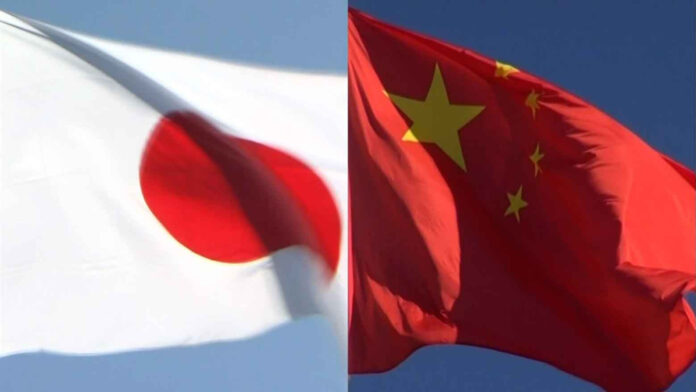Chinese customs authority has announced an import ban on food from 10 Japanese prefectures adding that food imports from the remaining parts of Japan will also be strictly monitored.
The authority said the documentation for imported food would be “strictly checked,” and there are plans to strengthen the imported food 100 per cent.
The measure was justified by safety concerns surrounding Japan’s push to discharge nuclear-contaminated water from the Fukushima Daiichi nuclear power plant into the sea, it said.
Customs authority’s statement also added that it wanted to prevent radioactively contaminated food from reaching China.
On Tuesday, International Atomic Energy Agency (IAEA) chief, Rafael Grossi gave the green light for the disposal of the water during a visit to Japan.
Japan’s plan met international safety standards, his agency’s final review report said. China criticised the report.
Japan’s nuclear regulatory authority gave the plan its approval on Friday. No date had yet been given for disposal but the government intended to do so in the summer.
According to plans, the system would be able to filter out 62 nuclides, except for the radioactive isotope tritium.
Tepco, the Japanese electric utility responsible for the Fukushima Diiachi plant, planned to dilute the water to the point where the concentration would drop to around 1,500 becquerels per litre, which is less than a 40th of the national safety standard.
Japan’s threshold for the release of tritium is less than 22 trillion becquerels per year, according to the government, which is much stricter than in other countries, including its two neighbours China and South Korea.
In 2021, for example, the Yangjiang nuclear power plant in China released about 112 trillion becquerels of tritium, while the Kori power plant in South Korea released about 49 trillion becquerels of the radioactive material, it said.
The Fukushima Daiichi nuclear power plant suffered core meltdowns in 2011 as a result of an earthquake and a tsunami. The destroyed reactors still have to be cooled with water stored in huge tanks.
The water is to be filtered through a tunnel built about 1 kilometre into the sea and disposed of in diluted form.
The South Korean government on Friday, said that it expected little impact from the discharge of cooling water.
A final report on independent investigations by South Korea into the disposal plans assessed that radiation exposure would be extremely low.
Japan’s plans were in line with IAEA and other global standards, Ban Moon Kyu, minister for the Office for the Coordination of Government Policies, said on Friday ahead of Grossi’s scheduled arrival in Seoul.
NAN/Oyenike Oyeniyi





